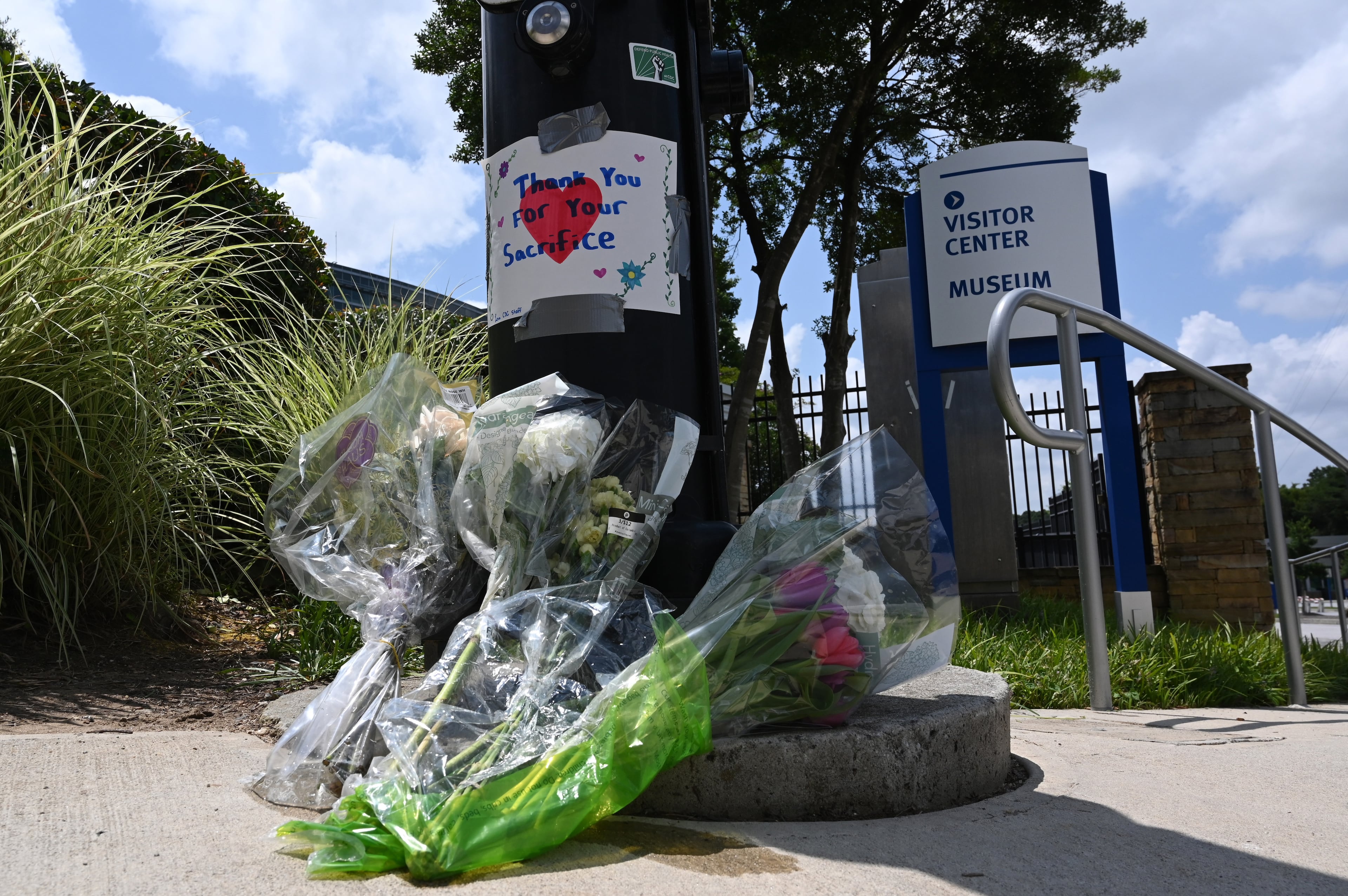Late meals don’t mean you’ll gain more weight, study says
If you find yourself getting hungry at night but have resisted the urge to grab a snack because of weight gain concerns, a new study may offer a little bit of wiggle room.
According to preliminary research to be presented at the American Heart Association’s virtual Scientific Sessions 2020, eating early in the day and resisting late night meals does not affect weight in overweight adults with prediabetes or diabetes.
“We have wondered for a long time if when one eats during the day affects the way the body uses and stores energy,” study author Dr. Nisa M. Maruthur, who is an associate professor of medicine, epidemiology and nursing at Johns Hopkins University in Baltimore, said in a statement. “Most prior studies have not controlled the number of calories, so it wasn’t clear if people who ate earlier just ate fewer calories. In this study, the only thing we changed was the time of day of eating.”
Researchers spent 12 weeks following adults who were overweight. The majority of the participants — 90% — were Black women and were on average 59 years old. About half of the participants followed time-restricted eating and consumed 80% of their calories before 1 p.m. The other participants ate within 12 hours and consumed 50% of their daily calories after 5 p.m. This continued for 12 weeks and all participants ate the same healthy, pre-prepared meals made for the trial. Measurements of blood pressure and weight were taken four times: at the beginning of the study and at the 4-, 8- and 12-week mark.
No matter when participants ate, measurements showed people in each group had lowered blood pressure and lost weight.
“We thought that the time-restricted group would lose more weight,” Maruthur said. “Yet that didn’t happen. We did not see any difference in weight loss for those who ate most of their calories earlier versus later in the day. We did not see any effects on blood pressure either.”
It’s important to note, however, that the study focused on eating healthy foods rather than junk food and alcohol.
Winchester Hospital reported that people who eat late at night tend to reach for high-calorie foods such as chips, cookies, ice cream and pizza that their body doesn’t necessarily need.
“Some health experts do suggest not eating after a certain hour of day, but this is not because your body processes food differently at night,” read the hospital’s website. “Instead, setting a time beyond which you will not eat reduces the likelihood of snacking on calorie-laden foods, which in turn reduces your total calorie input for the day.”



